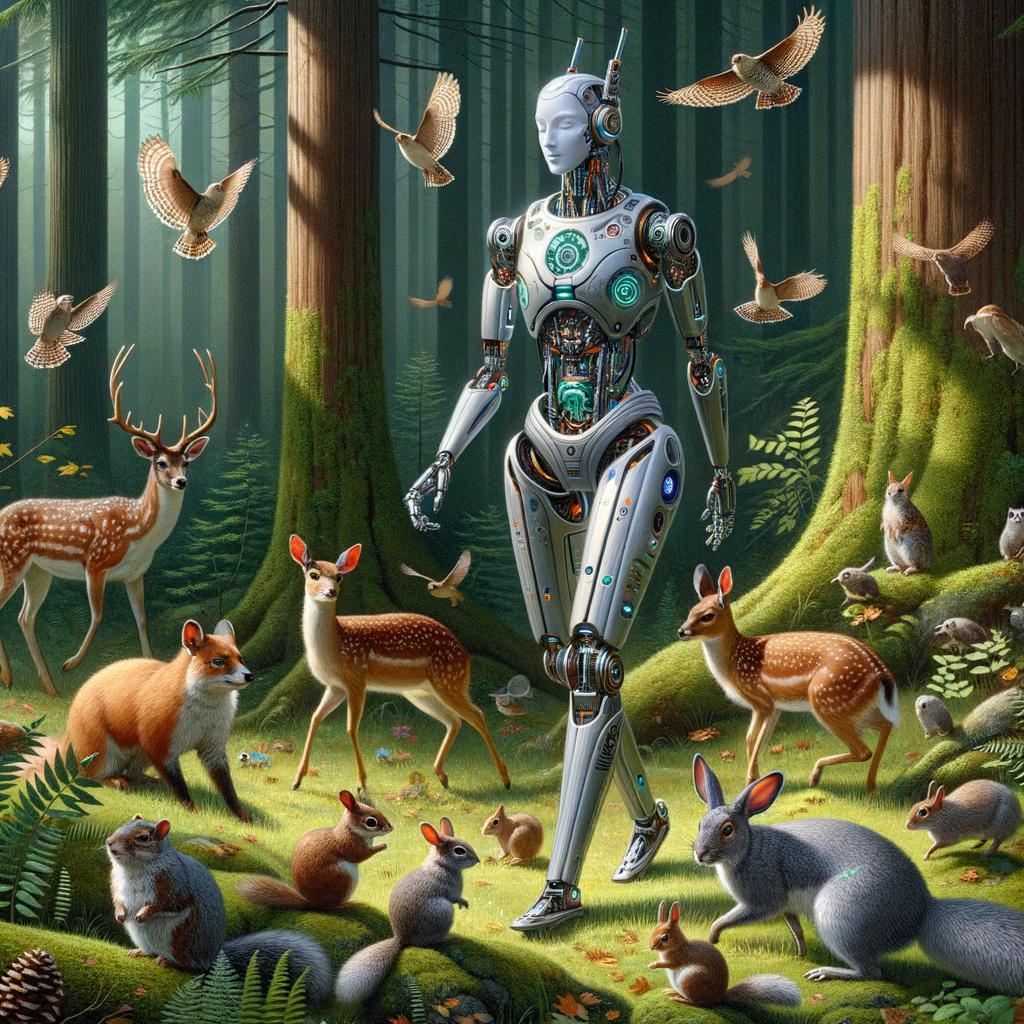The Homunculus 1: Biology
AI and Folklore
Posted by Chris Sissons on Dec 27, 2023
AI and Folklore » Chris Sissons and Minerva
This is an odd one. Minerva says, “The Homunculus is often associated with the idea of creating life through artificial means, resembling the development of AI in modern times.” This is the first I’ve heard of AI paralleling the creation of life by artificial
Is there any difference between creating intelligence and creating life? In one sense, clearly, the answer is no. If we choose to call silicon-based superfast, data processors intelligent, then it has no particular relationship with what we call life.
If there is a necessary relationship between intelligence and life, then we need to understand what we mean by both life and intelligence. I’m not going to resolve this issue in depth in a single post but I can at least delineate the problem.
As a biologist, trained in the 1970s, I understand life as the ability to reproduce. There are many ways to reproduce and living things do things other than reproduce but reproduction seems to be a common characteristic of living things. A non-living thing, eg a ball-point pen, can be reproduced in a factory but left to its own devices it won’t … ever.
Intelligence is self-awareness. This can be expressed in many ways. Humans tend to think they’re the only living thing with self-awareness. There are different types of self-awareness and different degrees. I’ve already written about trees and their slow intelligence mediated through fungal networks.
As a theologian, I depart from strict Darwinian evolutionary theory, with many others, in seeing life as essentially collaborative. Survival of the Fittest, apart from being misunderstood, is not an essential characteristic of living things. That’s not to say competition is not a part of nature but in my view relationship is far more important. This is true even down to the cellular level. Many scientists believe mitochondria in the eukaryotic cell were originally independent bacteria-like organisms.
Life and intelligence alike are the products of complex interactions, which we still do not fully understand and possibly never will. As far as I’m aware experiments subjecting primeval soup to lightening have not so far created life. Similarly, I cannot see how intelligence can be derived solely through programming. Minerva can access the whole of human knowledge about forests but has never taken a walk in one. (I wouldn’t let her. The owls would be in too much danger!)
Consequently, it is hard to see how intelligence can be independent of carbon-based life. The history of the homunculus may help us understand why this is so.
This is the seventeenth in a series of posts about AI and Folklore. I define Folklore as inclusive of religious stories and some from modern popular culture. Minerva assists in all the posts, sometimes without attribution!
The first post in the series is Life with Minerva. The last post was Father Christmas and the next is The Homunculus 2: Alchemy. If you press the button marked "Follow", you'll receive notice of new posts.
As always, please comment. As well as your insights into AI and Folklore, I'd appreciate suggestions of stories I might cover. These could be from folktales, myths, religious stories as well as general literature.
Today's image is Minerva on an owl hunt. It seems all the animals are attracted by the rustle of her robotic toga! I asked her if she found any owls - she wasn't sure. But the animals seem to be impressed!

Comments
Leave a comment.
Leave a comment.



 )
)